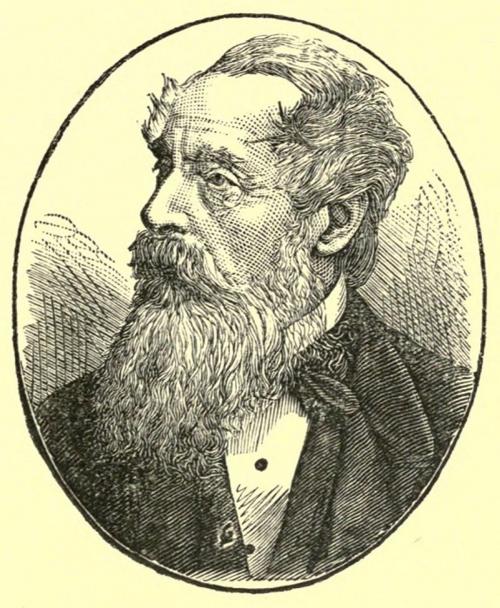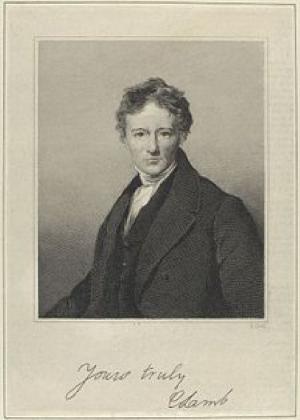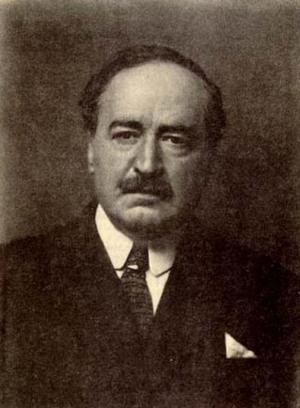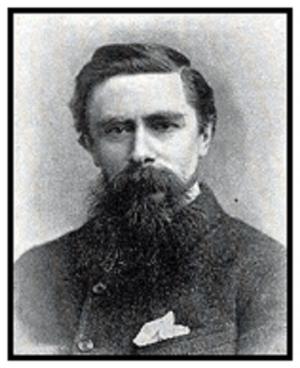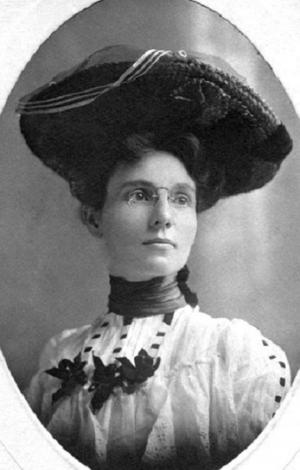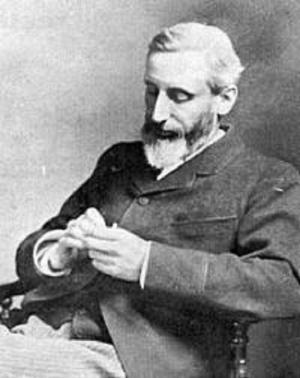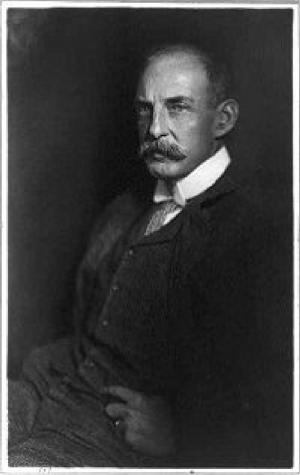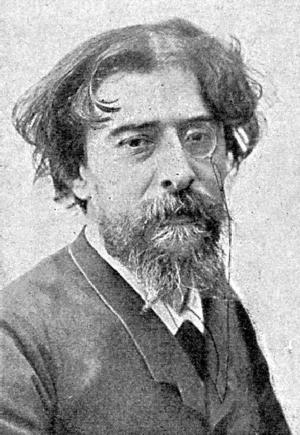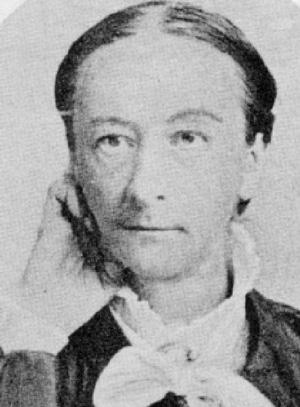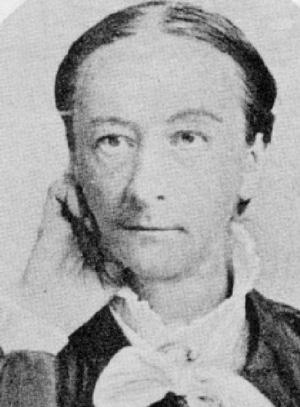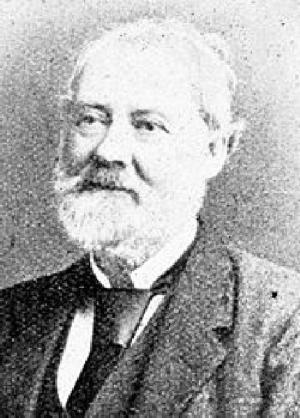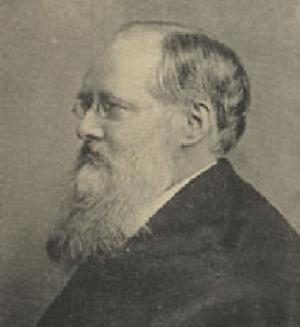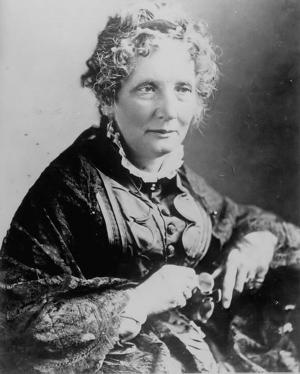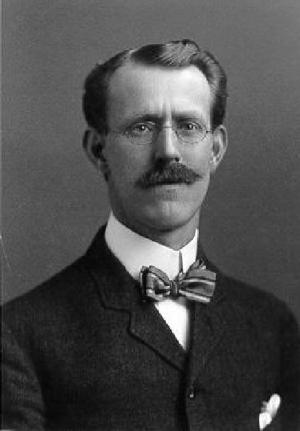| Author: | Kingston, W.H.G. | ISBN: | 9781455302673 |
| Publisher: | B&R Samizdat Express | Publication: | June 10, 2015 |
| Imprint: | Quench Editions | Language: | English |
| Author: | Kingston, W.H.G. |
| ISBN: | 9781455302673 |
| Publisher: | B&R Samizdat Express |
| Publication: | June 10, 2015 |
| Imprint: | Quench Editions |
| Language: | English |
A gripping story about two young children, a boy of about fourteen and his sister of about twelve, who set off with their father, a south-sea whaling captain, on what is intended to be his last voyage, their mother having died during his previous three-year voyage. Unfortunately some of the crew, especially the bo'sun, are not very well-intentioned, and after a chapter or two about the voyage out to the Pacific, and some whale hunts of varying success, there is a mutiny. The ship ends up on fire and is abandoned with various rafts and ship's boats getting awayfrom her. There is a well-written account of the children's drift on a raft with two of the officers, and a wonderful and kind coloured man, though the story is not quite as simple as that, since people lose one another, and lose their rafts, with considerable drama. Finally the children's father turns up, of course, and the story ends with everybody happy, except the wicked bo'sun and his confederates, who have gone to Davy Jones' Locker on account of their devotion to the Demon Drink. According to Wikipedia: "William Henry Giles Kingston (28 February 1814 - 5 August 1880), writer of tales for boys, was born in London, but spent much of his youth in Oporto, where his father was a merchant. His first book, The Circassian Chief, appeared in 1844. His first book for boys, Peter the Whaler, was published in 1851, and had such success that he retired from business and devoted himself entirely to the production of this kind of literature, in which his popularity was deservedly great; and during 30 years he wrote upwards of 130 tales, including The Three Midshipmen (1862), The Three Lieutenants (1874), The Three Commanders (1875), The Three Admirals (1877), Digby Heathcote, etc. He also conducted various papers, including The Colonist, and Colonial Magazine and East India Review. He was also interested in emigration, volunteering, and various philanthropic schemes. For services in negotiating a commercial treaty with Portugal he received a Portuguese knighthood, and for his literary labours a Government pension."
A gripping story about two young children, a boy of about fourteen and his sister of about twelve, who set off with their father, a south-sea whaling captain, on what is intended to be his last voyage, their mother having died during his previous three-year voyage. Unfortunately some of the crew, especially the bo'sun, are not very well-intentioned, and after a chapter or two about the voyage out to the Pacific, and some whale hunts of varying success, there is a mutiny. The ship ends up on fire and is abandoned with various rafts and ship's boats getting awayfrom her. There is a well-written account of the children's drift on a raft with two of the officers, and a wonderful and kind coloured man, though the story is not quite as simple as that, since people lose one another, and lose their rafts, with considerable drama. Finally the children's father turns up, of course, and the story ends with everybody happy, except the wicked bo'sun and his confederates, who have gone to Davy Jones' Locker on account of their devotion to the Demon Drink. According to Wikipedia: "William Henry Giles Kingston (28 February 1814 - 5 August 1880), writer of tales for boys, was born in London, but spent much of his youth in Oporto, where his father was a merchant. His first book, The Circassian Chief, appeared in 1844. His first book for boys, Peter the Whaler, was published in 1851, and had such success that he retired from business and devoted himself entirely to the production of this kind of literature, in which his popularity was deservedly great; and during 30 years he wrote upwards of 130 tales, including The Three Midshipmen (1862), The Three Lieutenants (1874), The Three Commanders (1875), The Three Admirals (1877), Digby Heathcote, etc. He also conducted various papers, including The Colonist, and Colonial Magazine and East India Review. He was also interested in emigration, volunteering, and various philanthropic schemes. For services in negotiating a commercial treaty with Portugal he received a Portuguese knighthood, and for his literary labours a Government pension."
